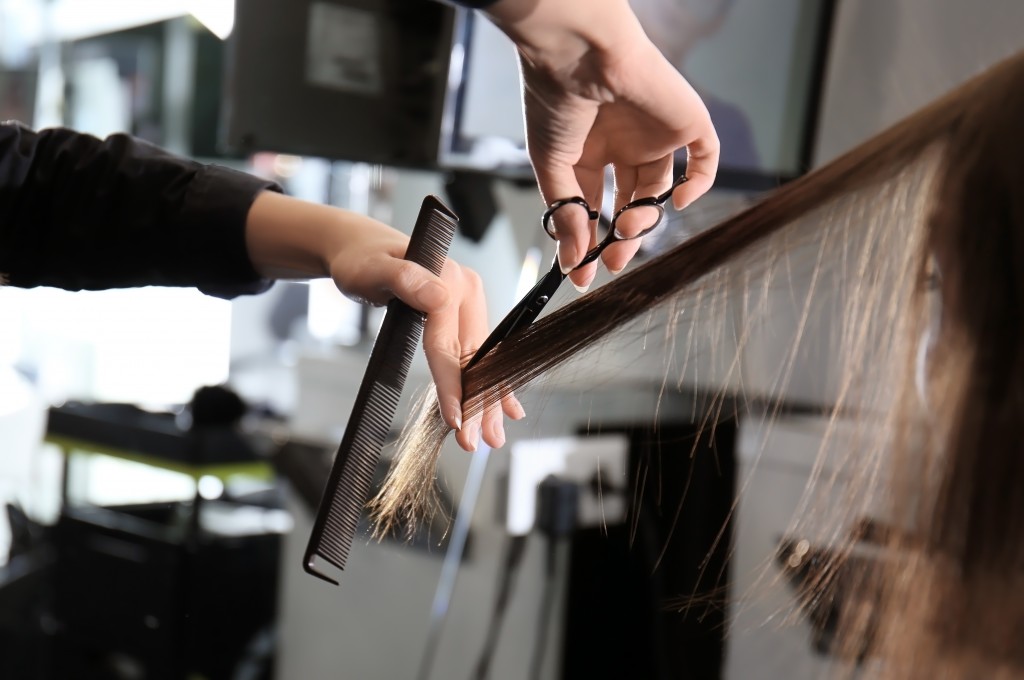Health is essential in everything we do. People have to accomplish many goals for their survival and progress, but they have to maintain their commitment to taking care of themselves in the process. Unfortunately, that is not the case for the average person. There is this built-up mindset that people have to sacrifice their efforts to maintain health to achieve success-related goals in different aspects of life such as academics and career.
If you want to improve in your chosen path, sleepless nights and skipped meals should be part of your routine. Headaches and body pain making you struggle? You might have to endure them to finish your workload. Your efforts might help you accomplish your goals, but the human body still has limits.
Fortunately, health complications come with early symptoms that indicate if something is wrong with your body. One of those signs can come from your hair. While some hair issues might be standalone conditions, there might be more to them involving your body parts. Here are a few hair complications worth a second look for overall health.
Dandruff
Most people experience dandruff at different points of their lives, especially during their teenage years. Being a common condition, the average person pays no attention to it. Dead skin cells on the scalp do not necessarily equate to health complications. However, it remains a bothersome problem that might be present in your life. If dandruff gets out of hand, people risk getting tagged as unhygienic. Fortunately, home remedies and products are available. Natural anti-dandruff shampoo can take care of the problem with ease.
But dandruff could also be an indicator of skin-related issues. Skin problems such as eczema might not be fatal conditions, but the average person will consider it a bothersome and inconvenient state. Allergic reactions, inflammation, swelling, and itchiness are issues you don’t want to experience daily.
Gray Hair
You see many people sporting gray hair, particularly those around the ages of 40 and beyond. We lose the pigment cells in our hair follicles, leading to the discoloration of strands products. It is a natural thing to experience, with most people thinking of it as an indicator of old age instead of health complications. However, it becomes alarming when gray or white hair starts to overwhelm your scalp during your 20s or 30s.
Genes play a critical role in the abrupt discoloration of hair, so checking your family tree’s medical history is an ideal place to start. If your family members do not have it as a problem, look at other potential causes such as:
- Excessive smoking
- Stress
- Vitamin deficiency
- Melanin deficiency
- Thyroid issues
The mentioned issues above provide various health concerns for the average person, making it necessary to identify if that’s what’s causing gray hair. Fortunately, dermatologists can help you determine the course of action to slow down the development of the hair issue.

Bald Spots
Heredity can be the primary source of hair issues, especially when it comes to baldness. Like gray hair, hair loss is a natural occurrence that you might not have control over. Baldness is most common among men, but it can also affect women. Fortunately, there are not many health-related issues that come with losing hair other than potential self-esteem degradation.
Unfortunately, hair loss can also indicate health complications such as abrupt hormonal changes, immune system issues, and scalp infections. To eliminate your worries, visiting a dermatologist should be part of your solution.
Heat-damaged Hair
For most people, hair is part of fashion. They can experiment with different hairstyles and treatments to ensure that they look good whenever they go outside. But your hair will take a lot of damage. Curling irons, flat irons, and strong chemical products could lead to hair loss and scalp issues, making it necessary to use them in moderation. However, hair remains under the sun’s heat, which can cause as much damage when unprotected.
Hats, protective headgear, and outfits can prevent further hair damage, but they are temporary fixes. Products with keratin and cetyl alcohol can also help your hair recover from extreme heat. Identifying if you have heat-damaged hair is necessary because it can cover up other issues like dry hair or split ends, which might have implications on overall health.
Hair treatments is necessary when you encounter these issues. But there is nothing wrong with being cautious if those conditions come with potential health complications. They can indicate if something requires treatment in your body and organs, making it necessary to keep an eye out for those issues.

